Croatian genocide case continues
Croatia’s lawsuit against Serbia for genocide is continuing at the International Court of Justice (ICJ).
Tuesday, 27.05.2008.
13:32

Croatia’s lawsuit against Serbia for genocide is continuing at the International Court of Justice (ICJ). Serbia’s legal team argues that the suit does not come within the ICJ’s jurisdiction, because at the time Croatia instituted proceedings against the Federal Republic of Yugoslavia (SRJ) in 1999, Serbia, the SRJ’s legal successor, was not a member of the United Nations, nor had it signed the Convention on Genocide on which the court’s jurisdiction is based. Croatian genocide case continues Vojin Dimitrijevic, a professor of international law, told B92 that the question of jurisdiction was one of the most important issues in jurisprudence. "To institute such proceedings against Serbia alone means to accept, in an odd way, the belief of Slobodan Milosevic and his wife that Serbia was the only true successor to the former Yugoslavia”, Dimitrijevic said. B92: And if they had filed proceedings against the SFRJ?... Dimitrijevic: Well, that country does not exist anymore. However, there are lot of uncertainties in this case. Before then, you cannot accurately determine the status of Yugoslavia during the late Nineties. Meanwhile, the ICJ has rejected Croatia’s motion to allow it access to stenographic transcripts from Serbia’s state and military archives that could prove the involvement of the Federal Republic of Yugoslavia (SRJ, later Serbia and Montenegro, and now Serbia) in the 1991-1995 conflict. Judge Rosalyn Higgins (presiding) made the ruling, saying that Croatia’s motion had arrived “very late” and was irrelevant at this stage of the proceedings. Croatia’s legal representative Ivan Simonovic said that the main arguments of the Croatian team were classified stenographs from meetings of the SRJ state and military leadership. Moreover, the Croatian team believes that its chances of winning the case would improve if the ICJ declared itself competent for the case. Simonovic explained how the case would proceed in the context of the two contradictory verdicts delivered by the IJC in cases involving Serbia. "The first was in the Bosnian case, and the second was in the case of the SRJ vs. NATO. So, no one can know in advance what their decision in this case might be. The task of Croatia’s legal team is to try and increase the chances of the court declaring itself competent to handle the case, through the quality of our arguments”, the lawyer explained. If the court does decide it is competent to try the case, he expects Serbia to respond by launching a counter claim. "After that we would respond to their suit. There might be further hearings, and only once the written debate was over, could an oral hearing be scheduled”, said Simonovic. Croatia’s suit is based on the act of genocide, not aggression, so it contains only evidence that can be tied to the former. This evidence is split into two chapters, one of which refers exclusively to eastern Slavonia, and the other to the rest of Croatia.
Croatian genocide case continues
Vojin Dimitrijević, a professor of international law, told B92 that the question of jurisdiction was one of the most important issues in jurisprudence."To institute such proceedings against Serbia alone means to accept, in an odd way, the belief of Slobodan Milošević and his wife that Serbia was the only true successor to the former Yugoslavia”, Dimitrijević said.
B92: And if they had filed proceedings against the SFRJ?...
Dimitrijević: Well, that country does not exist anymore. However, there are lot of uncertainties in this case. Before then, you cannot accurately determine the status of Yugoslavia during the late Nineties.
Meanwhile, the ICJ has rejected Croatia’s motion to allow it access to stenographic transcripts from Serbia’s state and military archives that could prove the involvement of the Federal Republic of Yugoslavia (SRJ, later Serbia and Montenegro, and now Serbia) in the 1991-1995 conflict.
Judge Rosalyn Higgins (presiding) made the ruling, saying that Croatia’s motion had arrived “very late” and was irrelevant at this stage of the proceedings.
Croatia’s legal representative Ivan Šimonović said that the main arguments of the Croatian team were classified stenographs from meetings of the SRJ state and military leadership.
Moreover, the Croatian team believes that its chances of winning the case would improve if the ICJ declared itself competent for the case.
Šimonović explained how the case would proceed in the context of the two contradictory verdicts delivered by the IJC in cases involving Serbia.
"The first was in the Bosnian case, and the second was in the case of the SRJ vs. NATO. So, no one can know in advance what their decision in this case might be. The task of Croatia’s legal team is to try and increase the chances of the court declaring itself competent to handle the case, through the quality of our arguments”, the lawyer explained.
If the court does decide it is competent to try the case, he expects Serbia to respond by launching a counter claim.
"After that we would respond to their suit. There might be further hearings, and only once the written debate was over, could an oral hearing be scheduled”, said Šimonović.
Croatia’s suit is based on the act of genocide, not aggression, so it contains only evidence that can be tied to the former. This evidence is split into two chapters, one of which refers exclusively to eastern Slavonia, and the other to the rest of Croatia.












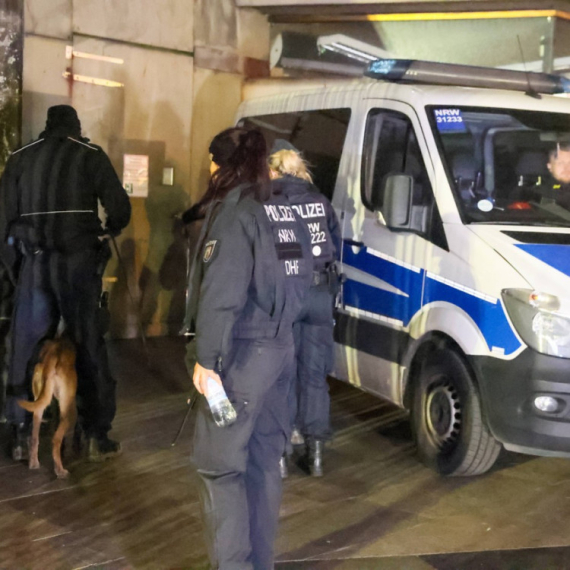

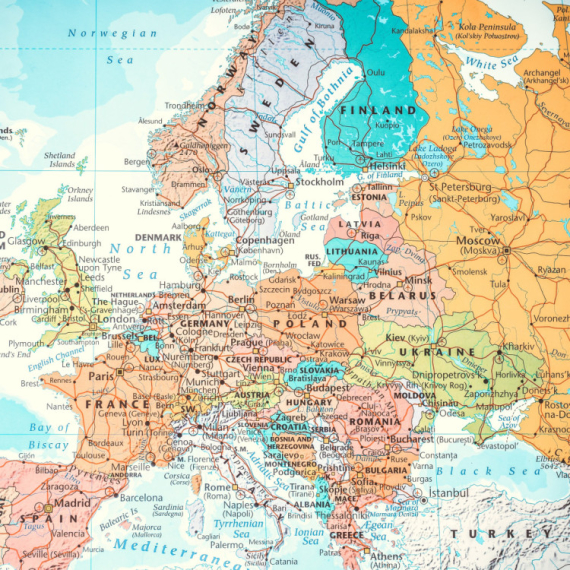
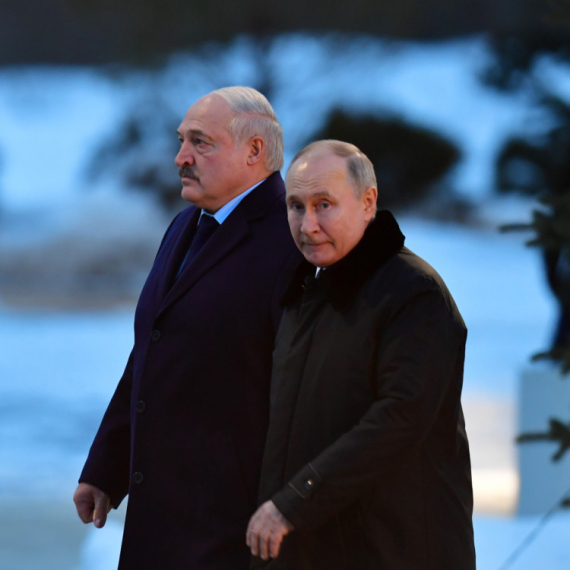
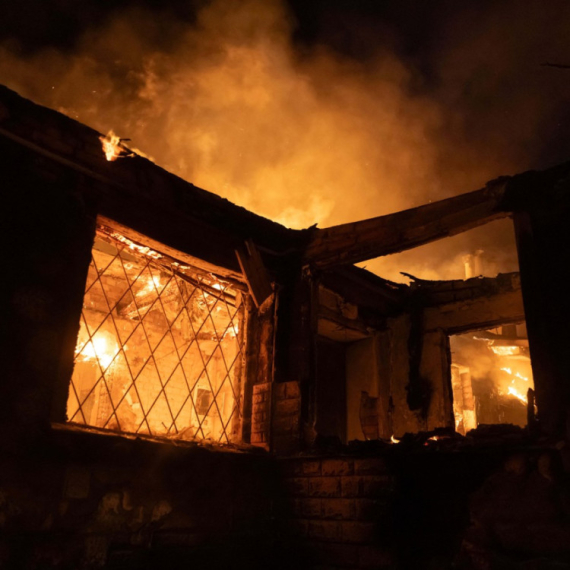
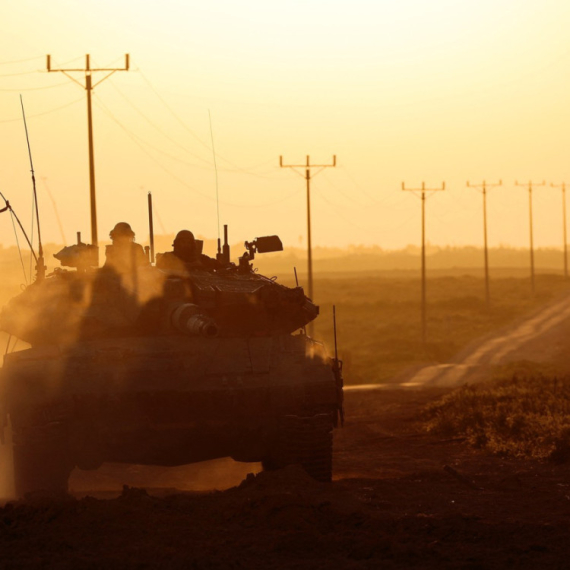



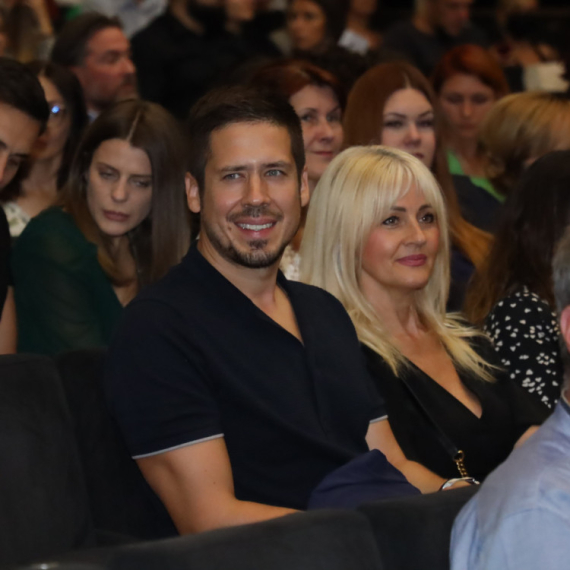




































Komentari 12
Pogledaj komentare